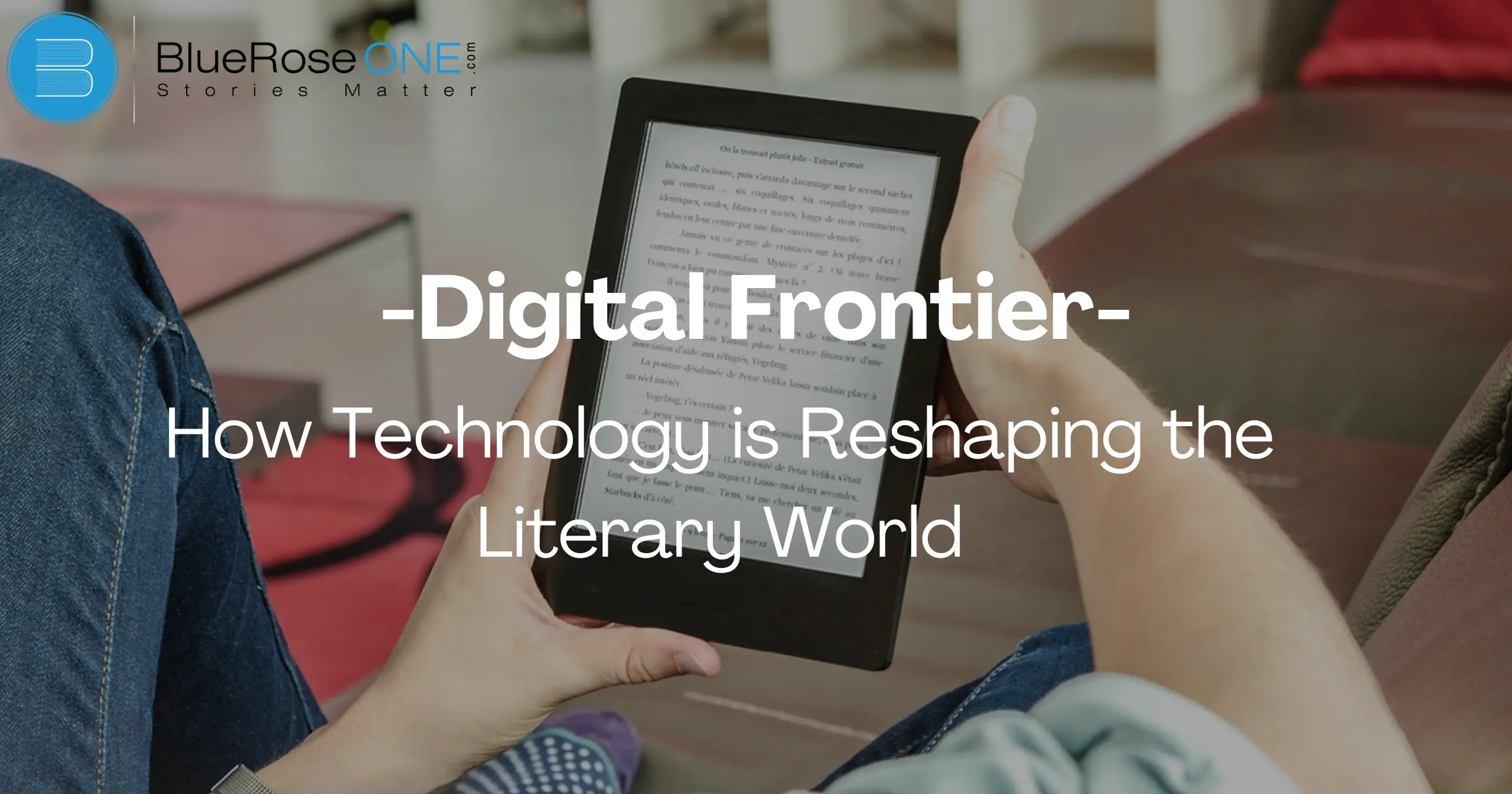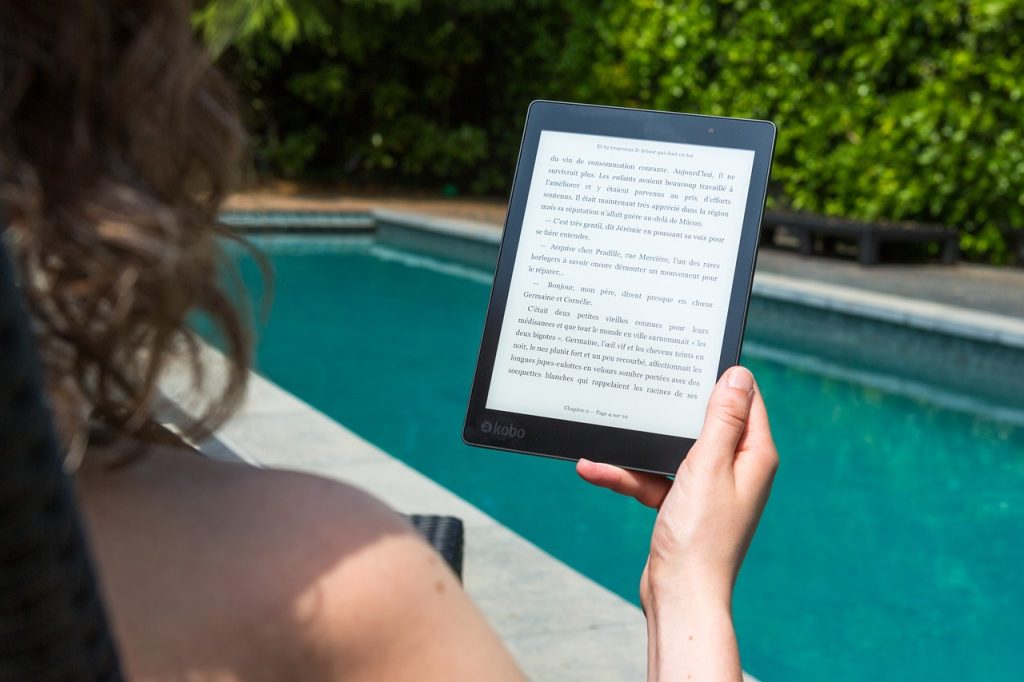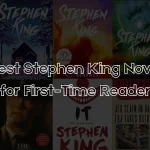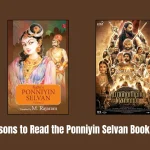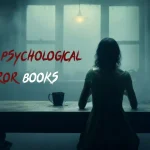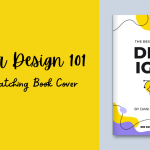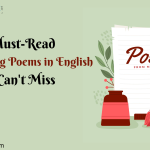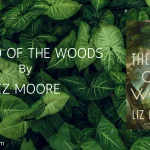The literary world is not exempt from the revolutionary effects of technology in the current digital era, which has revolutionised every aspect of existence. Significant disruptions to the traditional publishing and storytelling landscape have made room for new media and never-before-seen opportunities for both writers and audiences.
Introduction to the Digital Frontier – Literary World
In the quickly changing digital world of today, the literary world is changing dramatically. New technologies have not only completely changed the way we read, but they have also created previously unheard-of opportunities for creativity and teamwork.
Digital platforms, such as e-books and audiobooks, have made literature more accessible to a wider audience by enabling readers to quickly explore a variety of genres and writers.
Furthermore, the borders between interactive multimedia experiences and traditional literature are becoming increasingly hazy as a result of writers’ experimentation with novel storytelling styles made possible by digital tools.
We are about to set off on a trip where creativity and technology come together to alter the literary landscape as we enter the digital frontier.
You may also like: Falling Action: Definition, Examples and More
E-books and Digital Reading Platforms
The emergence of e-books is one of the biggest trends in the literary world. These digital versions of conventional print books provide readers with a level of accessibility and convenience never before possible.
People may now read books anytime, anywhere, thanks to the widespread use of e-readers and mobile gadgets, which allow them to carry entire libraries in their pockets.
Well-known e-readers like the Amazon Kindle, Apple Books, and Google Play Books have further transformed how readers find and interact with books. Users’ reading experiences are improved by these platforms’ capabilities, which include syncing between devices, built-in dictionaries, and customisable fonts.
You may also like: The Rise of Shakti by Megha Dinesh: Book Review
Self-Publishing and Online Communities
In the expansive landscape of the literary world, self-publishing and online communities have emerged as revolutionary forces, fundamentally altering the traditional paradigms of publishing.
Aspiring writers today have unparalleled access to a global readership, overcoming the limitations of conventional gatekeepers, thanks to technological breakthroughs. Online communities are dynamic gathering places for writers to interact, exchange ideas, and build strong support systems.
Through self-publishing, writers can forego traditional publishing channels and take charge of their artistic careers. By democratising access to literature and amplifying various voices, the digital frontier encourages innovation and ushers in a new era of literary inquiry and expression.
You may also read: Quilbot Review: Can It Really Improve Your Writing in Literature?
Audio Books and Podcasting
Technology has changed the literary world and brought about a dynamic shift in the way we consume content in today’s fast-paced society. The way stories are told and heard has changed dramatically because of the innovations of podcasts and audiobooks.
For people who are always on the go, these platforms provide a means of accessing literature and engrossing themselves in gripping stories. Whether it’s exploring the depths of classic literature or discovering new voices in fiction, audio books and podcasts provide an accessible platform that transcends traditional barriers.
As technology continues to evolve, the digital frontier promises to reshape the literary world, making storytelling more engaging and inclusive than ever before.
Interactive Storytelling and Augmented Reality
The combination of storytelling and augmented reality (AR) is driving a significant revolution in the literary world in the digital age. Within the context of augmented reality, interactive storytelling provides a more immersive experience than standard narratives.
With augmented reality (AR), readers take on a new role as active participants who navigate through richly detailed worlds where settings and characters come to life.
In addition to enhancing the reading experience, this lively exchange creates new opportunities for creativity and inquiry. The horizons of literature are expanding as technology advances, beckoning readers to go on engrossing adventures where their imaginations are limitless.
Artificial Intelligence and Writing Assistance
Artificial intelligence (AI) is transforming the literary world in the era of digital growth by providing unmatched writing support. This game-changing technology has emerged as a vital resource for authors, offering priceless assistance in developing gripping stories, polishing prose, and even coming up with original ideas.
With the help of advanced language models and automatic grammatical checks, artificial intelligence (AI) is improving writing productivity and originality worldwide. AI-powered writing support is not just changing the literary scene as we traverse the digital frontier; it is also rewriting the fundamental nature of storytelling in the current day.
You may also like: Fatal Flaw: Definition, Types, Examples and More
Social Media and Author Engagement
Social media is a revolutionary force in the literary world, changing the way authors interact with their readers in an ever-changing context.
Thanks to social media sites like Twitter, Instagram, and TikTok, authors can now share their thoughts, short clips from their works, and behind-the-scenes looks at their creative process virtually.
Authors can create a feeling of community and conversation by strategically using hashtags, live chats, and interactive polls, which can help them bridge the gap with their readers. Technology is a potent tool in this digital age and literary world for connecting people and amplifying voices, which enhances the literary experience for both readers and producers.
Data Analytics and Reader Insights
Data analytics appears to be a revolutionary force in the literary world, providing hitherto unheard-of insights on reader behaviour and preferences. The way we read literature is changing along with technology. Every interaction—whether with audiobooks or e-books—leaves a digital trail that may be examined in detail.
Publishers and authors may both use advanced algorithms and machine learning to identify patterns and determine what most interests readers. In the ever-expanding digital frontier of the literary world, this abundance of data not only impacts marketing strategies but also the creative process itself, establishing a symbiotic interaction between writers and their audience.
Challenges and Opportunities in the Digital Age
The literary world is at a crossroads in the digital age, handling both enormous potential and problems. With only a few clicks, readers may now peruse enormous libraries, democratising access to literature.
However, technology also poses challenges to established publishing structures. Writers struggle to make a name for themselves in a crowded digital space, and publishers adjust to changing consumer tastes and consumption patterns. However, there are lots of chances for invention among these difficulties.
Digital platforms provide new channels for the growth of niche groups and self-publishing, promoting a diversity of perspectives and genres that were previously unnoticed. A vibrant literary world where creativity flourishes on the digital frontier is accessible to those who embrace technology.
Conclusion
In conclusion, the digital frontier has ushered in a new era of possibilities for the literary world. From e-books and audio books to interactive storytelling and AI-powered writing assistance, technology is reshaping the way we create, distribute, and consume literature. As we navigate this brave new world, one thing is clear: the future of literature is digital.
Frequently Asked Questions
Technology has democratized the publishing process, allowing authors to self-publish their works and reach a global audience.
Kindle, Apple Books, and Google Play Books are some of the most popular digital reading platforms available today.
Authors are leveraging social media platforms like Twitter, Instagram, and TikTok to build their personal brand, connect with readers, and promote their work.
Ethical considerations surrounding AI in literature include concerns about plagiarism, authorship, and the potential for bias in AI-generated content.
The digital age presents authors with opportunities for innovation, creativity, and audience engagement through various digital mediums and platforms.

